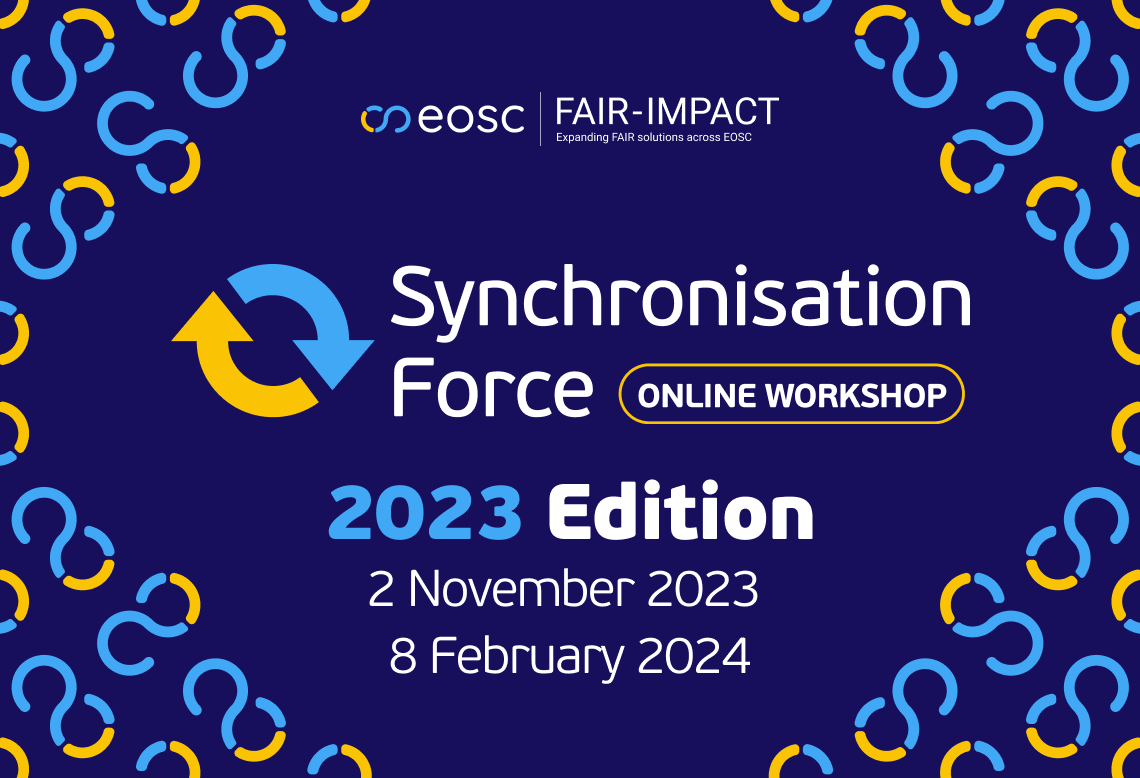
Synchronisation Force 2nd Workshop Session 5: Legal & organisational interoperability
- This event has passed.

Legal interoperability seems sometimes to have been overshadowed by semantic and technical interoperability in the EOSC interoperability framework.However, legal interoperability is of almost importance for realising the EOSC as a web of FAIR data and related services. Legal interoperability is about ensuring that organisations operating under different legal or organisational frameworks, policies and strategies are able to work together. This might require that legislation does not block the establishment of European public services within and between Member States and that there are clear agreements about how to deal with differences in legislation across borders, including the option of putting in place new legislation. In this session we will pick on the issues of legal interoperability in the perspectives of different scientific domains.
Chair: Olivier Rouchon, CNRS
Rapporteur: Anne Sofie Fink, DeIC
Recommendations to be assessed during the session
From the EOSC Interoperability Framework
Selected legal/organisational interoperability recommendations:
- Organisational
- Usage recommendations of standardised data formats and/or vocabularies, and with their corresponding metadata.
- A clear management of permanent organisation names and functions needs to be provided.
- Legal
- Standardised human and machine-readable licenses, with a centralised source of knowledge and support on copyright and licenses.
- A clear list of EOSC-recommended licenses and their compatibility with Member States’ recommended licenses.
- Tracking of license evolution over time for datasets.
- Identification of different parts of a dataset with different licenses.
- Harmonised policy and guidance to dealing with cases where patent filing or trade secrets may be compromised by disclosure.
- GDPR-compliance for personal data.
- Harmonised terms of use across repositories
- Alignment between Member States national legislations and EOSC.